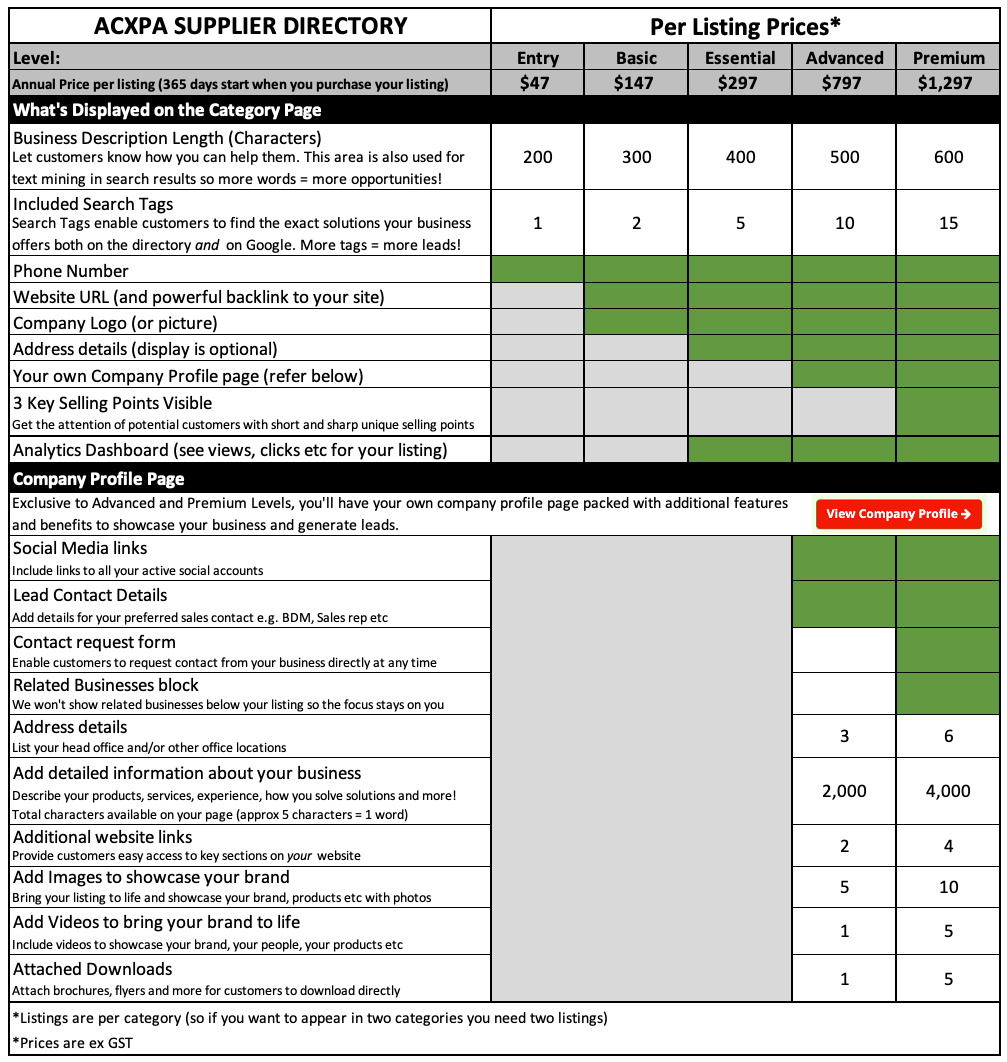Back Office Outsourcing
Businesses looking to improve efficiencies and reduce costs are increasingly looking to outsource back-office functions to third-party providers.
Whilst the definition appears to be quite loose, back-office functions are typically considered as easily repeatable transactions that are typically low in complexity that don’t directly involve the customer.
Common Back Office Outsourcing Functions
Back-office functions can include:
- Accounting/bookkeeping
- Payroll
- Human resources
- Claims and compensation processing
- Logistics
- Procurement
- Customer administration such as data entry for form approvals
Why outsource your back-office functions?
Like call centre outsourcing, there are lots of benefits in outsourcing your back-office functions that include:
- Significant cost savings, especially if using offshore destinations such as the Philippines and India.
- Improved quality e.g. you can afford to have CPA qualified accountants for a fraction of the on-shore cost.
- Improved efficiencies as the outsourcers are experts in back-office functions and may also be able to introduce further efficiencies with experience in Robotic Process Automation (RPA) and more.
- Scalability as you can ramp up and down resources quickly
You can learn more about outsourcing benefits along with expert tips and more on the ACXPA Website - Outsourcing to an Australian Contact Centre >
How to Select a Back-office Outsourcer/BPO
Like front-office outsourcing, choosing the right back-office outsourcer for your business can be challenging.
Some back-office BPO's specialise in verticals such as finance and accounting (employing certified accountants) or Human Resources (with the appropriate degree qualifications) or perhaps it's just general administration work or data entry that requires lower skills - there are lots of options.
The location of your back office supplier can also dramatically influence price - Australia, the Philippines and India all have different pros and cons.
Add in different commercial models (e.g., hourly rates, outcome-based, etc.), level of customer support, reporting, etc., and you start to get a feel for the decisions that need to be made.
Questions You Could Ask Potential Back Office Suppliers
When evaluating potential back office suppliers, especially if you are based in Australia, it's important to ask questions that will help you assess their capabilities, reliability, and fit for your business needs.
Here are some key questions you could ask:
1. Company Background and Experience
- How long have you been providing back office services, and what industries do you specialise in?
- Can you provide examples of Australian clients you have worked with?
- What is your experience in handling the specific back office functions we require?
2. Service Offerings and Capabilities
- What specific back office services do you offer, and how do they align with our needs?
- How do you ensure that your services integrate smoothly with our existing systems and processes?
- Can you scale your services if our business grows or if our needs change?
3. Quality Assurance and Performance Metrics
- How do you measure and report on the quality and performance of your services?
- What KPIs or SLAs do you typically work with, and how do they align with our expectations?
- Can you provide case studies or testimonials that demonstrate the quality of your work?
4. Data Security and Compliance
- How do you ensure the security of sensitive data, particularly in compliance with Australian data protection laws (e.g., the Australian Privacy Act)?
- What data protection and confidentiality measures do you have in place?
- How do you handle data breaches, and what is your process for disaster recovery and business continuity?
5. Technology and Tools
- What technology platforms and tools do you use to deliver your back office services?
- How do you stay up-to-date with the latest technology and industry standards?
- Are your systems compatible with our existing software and infrastructure?
6. Communication and Support
- What is your approach to client communication, and how often will we receive updates on our projects?
- How do you handle support and issue resolution, especially considering the time difference with Australia?
- Who will be our main point of contact, and what is their level of expertise?
7. Cost and Contractual Terms
- What is your pricing structure, and what does it include?
- Are there any additional costs we should be aware of?
- What are your contract terms, including any minimum commitments, termination clauses, and flexibility for changes in service levels?
8. Cultural and Operational Fit
- How do you ensure alignment with our company culture and values?
- How do you manage cultural differences, particularly when working with Australian clients?
- Can you provide examples of how you’ve successfully collaborated with clients in different time zones?
9. Employee Training and Retention
- What training and development programs do you offer your employees to ensure they are up-to-date with industry best practices?
- How do you manage employee retention, and what is your staff turnover rate?
- Will we have a dedicated team, and how do you ensure consistency in service delivery?
10. References and Past Performance
- Can you provide references from other Australian companies you have worked with?
- How do you handle feedback and continuous improvement with your clients?
- Have you faced any challenges with Australian clients, and how were they resolved?
11. Ethical Practices and Corporate Social Responsibility
- How do you ensure ethical practices in your operations, including labour standards and environmental impact?
- Do you have any corporate social responsibility initiatives that align with our values?
Select a Country or Skill/Function to View Suppliers!
Filter by Country:
Filter by Skill/Function:
